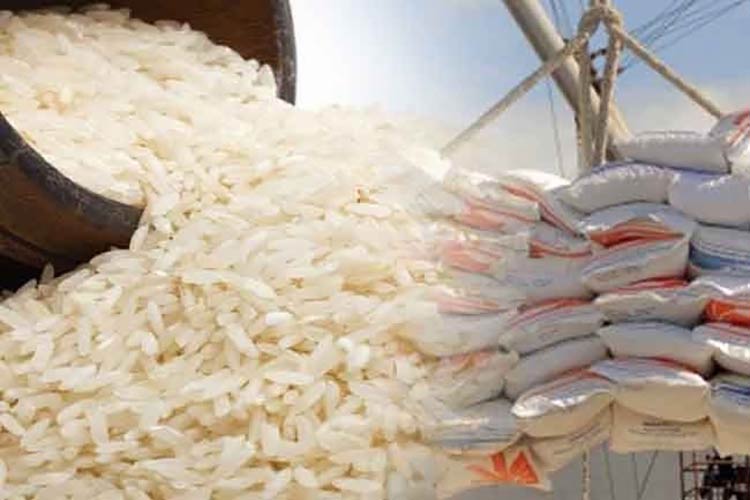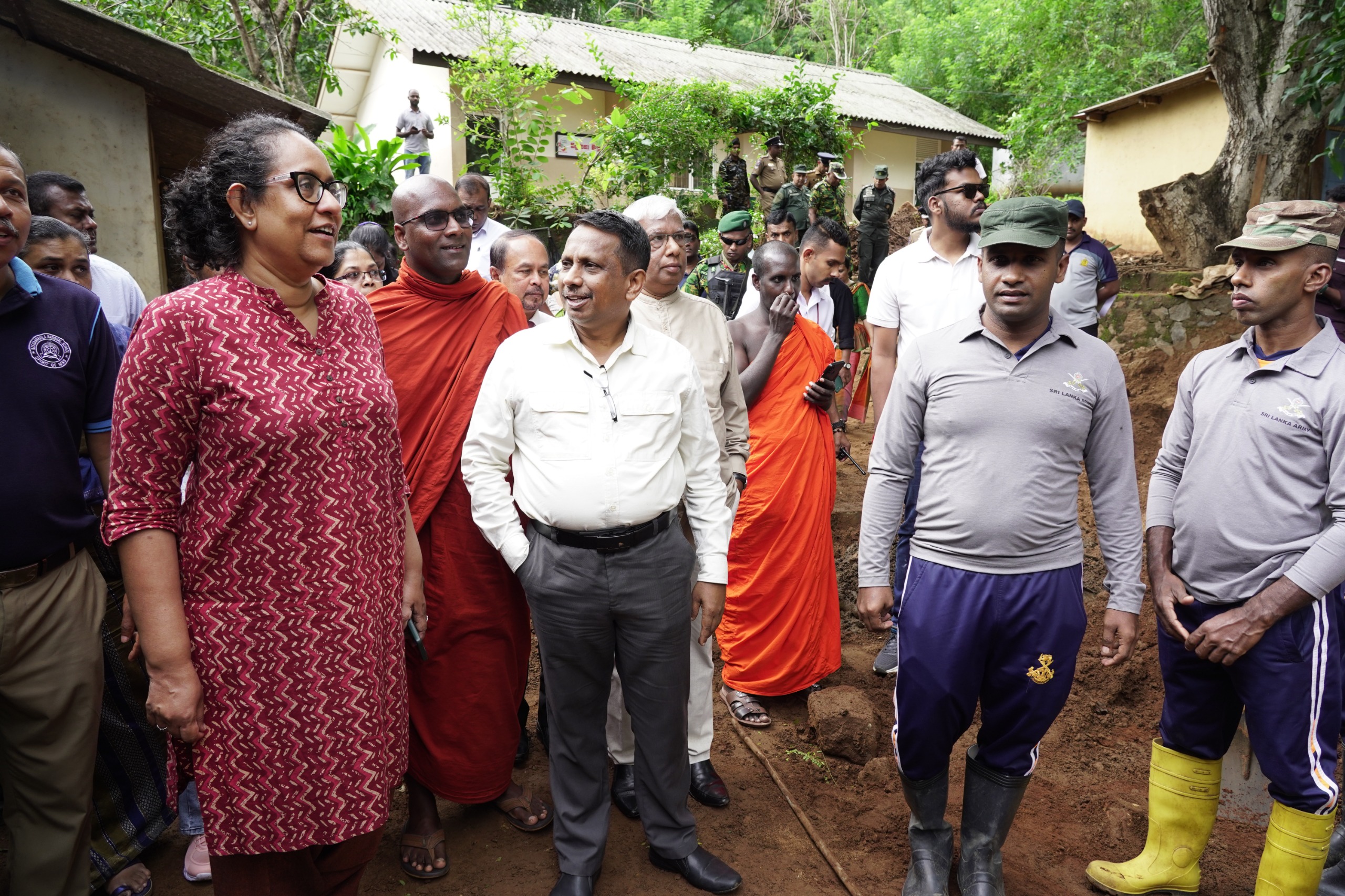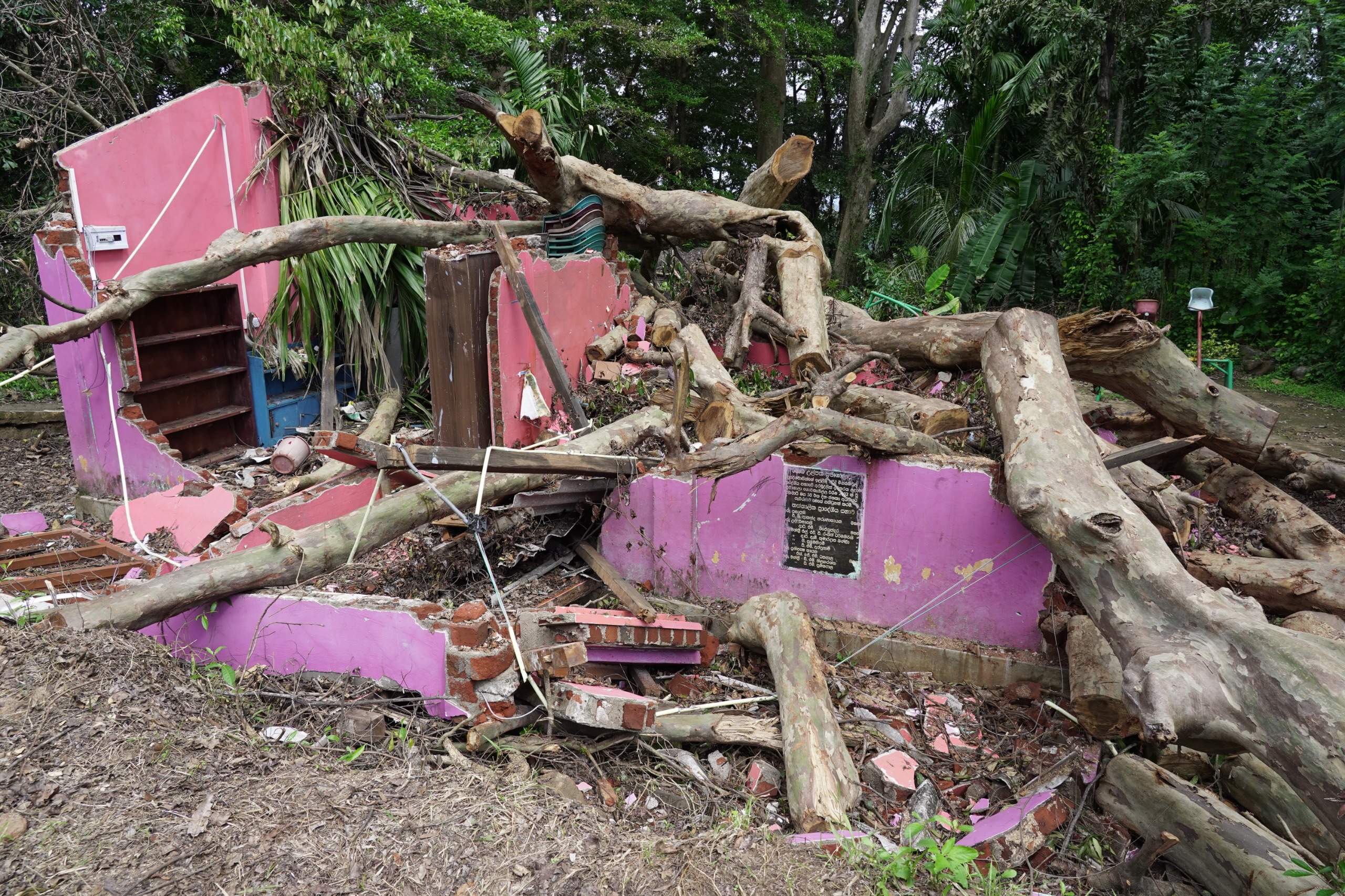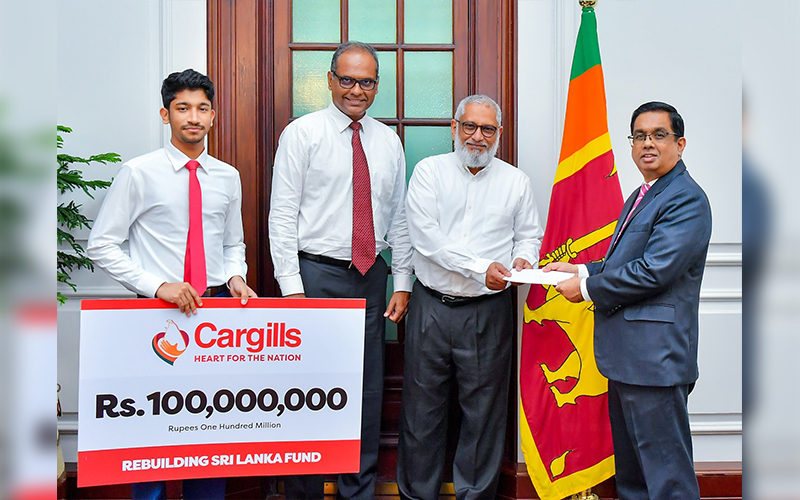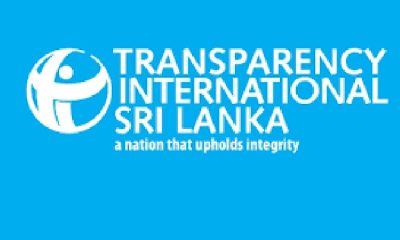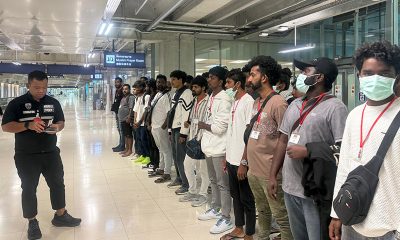The full text of the PM’s Christmas day message:
“As the month of December dawns, Christian devotees prepare to celebrate Christmas. The message of peace that echoed from Bethlehem with the birth of the infant Jesus continues to be honoured and revered by Christians across the world.
However, this year, the month of December has arrived not with the usual joy and festivity. It comes amid the sorrow, pain, and quiet anguish of thousands of our people affected by a natural disaster that has shaken the entire nation.
Yet, in keeping with the true meaning of Christmas and guided by the teachings of Jesus Christ, the people of our country have set aside their differences and come together in unity and solidarity to support those affected by the disaster. Through their actions, they have demonstrated to the world the values of love, compassion, and the noble teaching of Christ to love one another.
At this moment, we stand at a critical juncture where all communities must unite with a shared purpose and collective responsibility to rebuild the country and work together for the future of our nation.
We will continue to work tirelessly towards the common goal of building the “new country” envisioned by the many who have placed their trust in our government, and to ensure that their hopes and aspirations are fulfilled.
On this Christmas Day, let us renew our commitment to act together as citizens, guided by unity, love, compassion, and responsibility, in pursuit of our shared dream of a better tomorrow.
I extend my heartfelt wishes for a Merry Christmas to all Christian devotees in Sri Lanka and around the world.”

